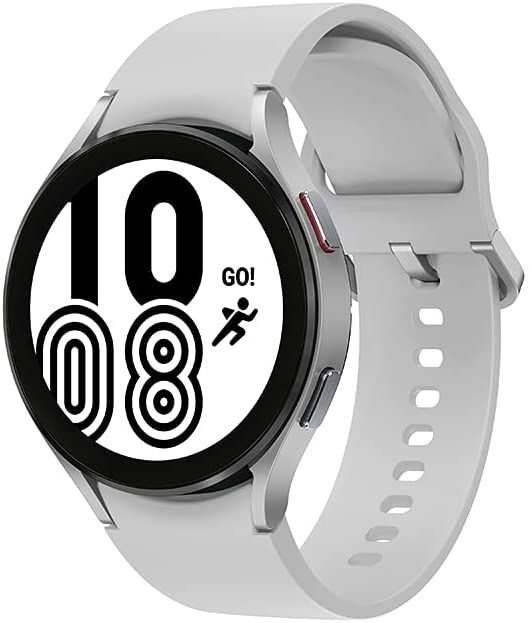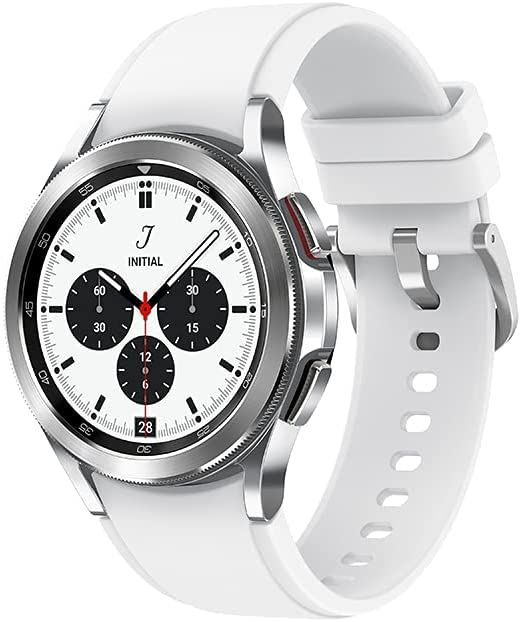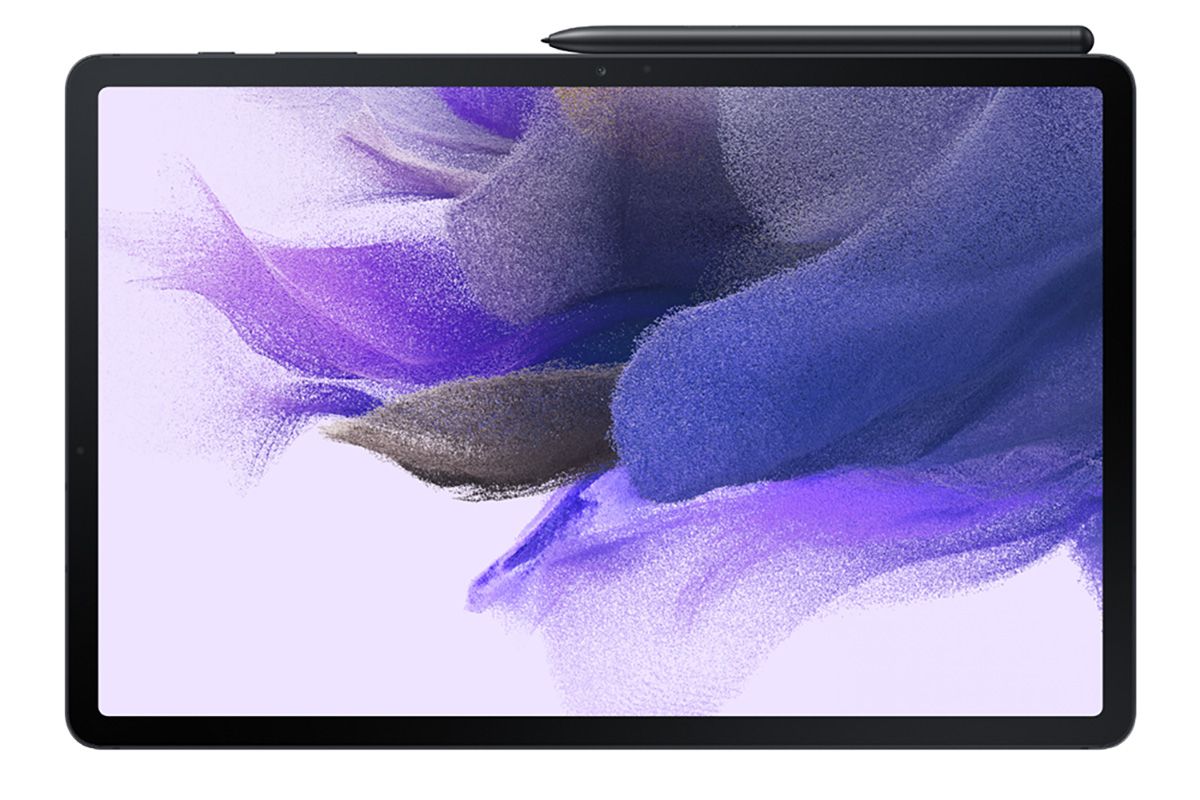Samsung has finally launched the smartwatch that all Android users have been waiting for — the Galaxy Watch 4 — and it comes with Samsung’s OneUI Watch built in partnership with Google. This is the first time we’re seeing the new version of Wear OS being implemented on a smartwatch, albeit with a custom skin on top. Not only that but the Galaxy Watch 4 and Watch 4 Classic bring some new features and improvements that make them a great option for anyone looking for a smartwatch to go with an Android phone. Here’s everything you need to know about the latest wearable from Samsung.
Galaxy Watch 4 and Galaxy Watch 4 Classic: Specifications
| Specification | Samsung Galaxy Watch 4 | Samsung Galaxy Watch 4 Classic |
|---|---|---|
| Size(s) |
|
|
| Dimensions and Weight |
|
|
| Display |
|
|
| Processor | Exynos W920 (5nm) | Exynos W920 (5nm) |
| Memory |
|
|
| Battery |
|
|
| Sensors | Accelerometer, Barometer, Gyro, Geomagnetic, Light, Samsung BioActive Sensor | Accelerometer, Barometer, Gyro, Geomagnetic, Light, Samsung BioActive Sensor |
| Connectivity | LTE, Bluetooth 5.0, Wi-Fi 802.11 a/b/g/n 2.4+5GHz, NFC, GPS/Glonass/Beidou/Gallileo | LTE, Bluetooth 5.0, Wi-Fi 802.11 a/b/g/n 2.4+5GHz, NFC, GPS/Glonass/Beidou/Gallileo |
| Durability |
|
|
| OS | OneUI Watch | OneUI Watch |
Release Date

Rumors about the Galaxy Watch 4 had begun quite a while back and it was expected to launch alongside the Galaxy Z Fold 3 and the Z Flip 3 which are Samsung’s marquee products. It was rumored the Galaxy Watch 4 and Watch 4 Classic would also launch alongside the foldable phones in addition to the Galaxy Buds 2 and that’s exactly what happened. On August 11th, at Samsung’s Unpacked event, the Galaxy Watch 4 and Watch 4 Classic were launched. However, you’ll only be able to get your hands on the Galaxy Watch 4 series on August 27th.
Galaxy Watch 4 and Watch 4 Classic: Price and Variants
The Galaxy Watch 4 and Galaxy Watch 4 Classic will be available in multiple sizes, and they’re priced as follows —
| Device | USA | UK | Europe | India | |
|---|---|---|---|---|---|
| 1. | Samsung Galaxy Watch 4 | ||||
| 1.1 | 40mm Bluetooth | $249.99 | £249 | €269 | ₹23,999 |
| 1.2 | 40mm LTE | $299.99 | £289 | €319 | ₹28,999 |
| 1.3 | 44mm Bluetooth | $279.99 | £269 | €299 | ₹26,999 |
| 1.4 | 44mm LTE | $329.99 | £309 | €349 | ₹31,999 |
| 2. | Samsung Galaxy Watch 4 Classic | ||||
| 2.1 | 42mm Bluetooth | $349.99 | £349 | €319 | ₹31,999 |
| 2.2 | 42mm LTE | $399.99 | £389 | €419 | ₹36,999 |
| 2.3 | 46mm Bluetooth | $399.99 | £369 | €399 | ₹34,999 |
| 2.4 | 46mm LTE | $429.99 | £409 | €449 | ₹39,999 |
You can click on the links above to purchase the respective variant in your region.
Galaxy Watch 4: Features
The Samsung Galaxy Watch 4 and Watch 4 Classic are feature-packed this time around which clearly shows Samsung is aiming to make the best smartwatch for Android to compete against the mighty Apple Watch. The Galaxy Watch 4 and Watch 4 Classic get 5nm chipsets (Exynos W920) which will provide gains in both performance as well as battery life. Both watches also have a high-res OLED display and some models will have support for LTE connectivity via an eSIM.

Samsung has managed to make the overall casing thinner than its predecessor thanks to a BioActive Sensor that integrates all major sensors into one unit. The software has also received a major overhaul compared to last-gen smartwatches from Samsung. The Galaxy Watch 4 and Watch 4 Classic run on OneUI Watch based on the latest version of Google’s Wear OS. This means users will now be able to use Google’s redesigned smartwatch apps and services directly like Maps, Play Store, etc. along with other Samsung and third-party apps as well.
Galaxy Watch 4 vs Galaxy Watch 4 Classic: What is the difference?
The major differences between the two variants of the Galaxy Watch 4 are in terms of looks as well as size. The Galaxy Watch 4 actually replaces the Galaxy Watch Active 2 which had a sporty look and was mainly meant for casual wear. The Galaxy Watch 4 continues the same tradition and has a simple, yet elegant look with an aluminum casing. The standard Galaxy Watch 4 is available in two sizes: 40mm and 44mm.


The Galaxy Watch 4 Classic replaces the Galaxy Watch 3 from last year, and as the name suggests, is a classier version of the Galaxy Watch 4. It has a formal look and resembles the design and aesthetics of a conventional mechanical watch. The Galaxy Watch 4 Classic is also slightly bigger than the standard variant and has a stainless steel casing. The Classic is available in 42mm and 46mm variants.
Health Features and Sensors
Samsung has paid close attention to the health features of the Galaxy Watch 4 series. If you’re a fitness enthusiast or you keep track of your health closely (which everyone should do — it’s never too late), you’re surely going to appreciate all the health-related features that the Galaxy Watch 4 offers.

Samsung has put in a BioActive Sensor which basically integrates all the essential sensors you would find on a smartwatch like optical heart rate, electrical heart rate, and bioelectrical impedance analysis sensor. It also brings the first-ever body composition measurement on a smartwatch that can help you measure parameters like skeletal muscle, fat mass, BMI, body water, etc. Samsung claims up to 98% accuracy in the data that it obtains via 2,400 data points.
There are advanced sleep management features as well like snoring detection, continuous SpO2 tracking, etc. You can of course measure your ECG and blood pressure levels as well using the watch. There is a slight caveat here, though. Some health features like ECH and BP are available only when the Galaxy Watch is used with a Samsung smartphone.
Battery Life

The Galaxy Watch 4 has a 247mAh battery on the 40mm variant whereas the larger 44mm variant has a 361mAh cell. This doesn’t necessarily mean the larger variant will have considerably better battery life since the size of the display is also bigger on the 44mm variant. The Galaxy Watch 4 Classic has the same exact battery capacity along with the same display sizes, just that the size of the dial is slightly larger. Hence, you can expect similar battery life on all variants.
Samsung claims the Galaxy Watch 4 and Watch 4 Classic can last up to 40 hours on a single charge but we’ll have to test that claim. Older versions of Wear OS were battery hogs whereas Samsung’s Tizen was quite efficient. It would be interesting to see how Samsung’s take on WearOS performs on the watch. Both watches can be completely charged in about two hours.
Screen Size

As mentioned earlier, both the Galaxy Watch 4 and Watch 4 Classic are available in multiple size variants. Let’s start with the Galaxy Watch 4 first. The 40mm variant of the watch has a 1.19 inch display while the 44mm variant has a slightly larger 1.36 inch display. As for the Watch 4 Classic, the display sizes remain the same despite the fact the size of the casing is slightly larger on the Classic. Therefore, the 42mm variant has the same 1.19 inch display and the 46mm model has a 1.36 inch display. The display on all watches has the same pixel density of 330 PPI.
Storage

Samsung has bumped up the RAM and storage on the Galaxy Watch 4 which is understandable given that Wear OS, in general, is more resource-hungry than Samsung’s Tizen OS. All the variants of the watch have 1.5GB of RAM along with 16GB of internal storage. The extra RAM should help the watch perform smoother and the added storage means you can now have more apps on your watch as well as store music offline for whenever you don’t have your smartphone with you.
Improvements

The Galaxy Watch 4 brings about quite a few improvements when you compare it with last year’s Galaxy Watch 3. The design has been updated to look more modern. The internals has got a big upgrade in the form of a 5nm SoC. Tizen OS, which lacked basic third-party apps has now been replaced by a version of Wear OS which means you have access to the Play Store. Samsung’s BioActive Sensor makes its way onto the watch and enables body composition measurement. These are just some of the major changes and improvements you get on Samsung’s latest smartwatch.
Note the Galaxy Watch 4 is only compatible with Android devices that have Google’s GMS core so you won’t be able to use it with Huawei’s phones or even an iPhone for that matter. It works best when used with a Samsung smartphone. If you’ve already got yourself a Galaxy Watch 4 and are looking to customize it as per your liking, here’s a compilation of the best Galaxy Watch 4 bands you can buy to change the look.
- The Galaxy Watch 4 is Samsung's latest wearable that comes with their new OneUI Watch platform.
- The Galaxy Watch 4 Classic is Samsung's premium version of the latest wearable that comes with their new OneUI Watch platform.
The Galaxy Watch 4 and Watch 4 Classic can be picked up starting August 27th directly from Samsung. There’s even a special limited Thom Browne edition you can buy apart from the standard variant of the Galaxy Watch 4. It looks like Android users finally have a worthy smartwatch to get, but this is just based on our initial impressions of the device. Before you buy the watch, make sure to check out our full review of the Galaxy Watch 4 Classic and also the review of the new Wear OS software on the watch.
The post Samsung Galaxy Watch 4 and Galaxy Watch 4 Classic: Everything you need to know! appeared first on xda-developers.
from xda-developers https://ift.tt/3lhi0XV
via IFTTT













































